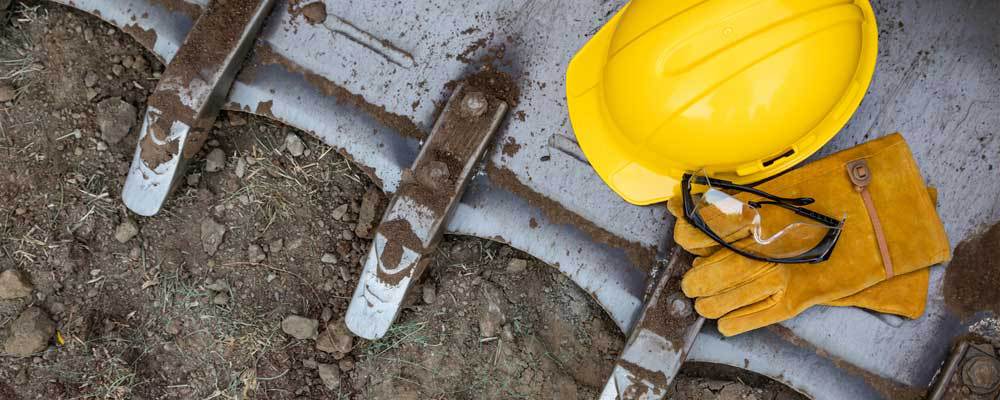As the leader of your construction company, how much time have you spent envisioning your retirement, or the process leading up to it? The road to retirement is often delayed more in construction than other industries; it makes sense when the person in charge has probably been working his or her entire life and is the face of the company. Imagining a scenario where you’re not in control, not on your feet or behind the wheel, and letting someone else, maybe even a non-family member, direct the future of your company… it’s not easy.
Yet, putting off succession planning, especially for family-owned construction companies, can be devastating. Failure to plan for a successful transition can lead to your life’s work remembered not by its successes, but by the turbulent transition to an outcome not at all representative of the company’s history.
In Part 1 of our Series on Construction Succession Planning, we explore how the process has changed over the years, and questions for you to think about, whether you plan on retiring soon or not.
The Evolution of Succession Planning
Succession planning in the construction industry is changing. Part of this change is evident in other industries as well, like younger generations moving away from home, pursuing other opportunities, and viewing the “family business” as a back-up option – not a primary preference. Compounding these macroeconomic issues are the growing complexity of construction; it’s not as easy to “jump in” and take over the business. Technology is changing the way construction is done, and it can be difficult for a seasoned owner to find a successful, qualified leader who can step in and lead a smooth transition.
Considering these factors, it’s not too surprising that almost half of the family-owned businesses don’t have a succession plan. What is startling is that even without it, most business owners still intend to pass ownership to the next generation.
In construction, it’s common for succession planning to be even more delayed than other industries and fraught with more disconnect between the current ownership and the next step in the company’s evolution. Some of the challenges unique to construction are that:
- Owners, who are often the face of the company and extremely hard-working, find it difficult to give up control,
- There aren’t family members able or willing to step in and take over, and
- Fewer options exist for a qualified prospective successor within the firm.
When it comes to succession planning, if you’re ready to retire, it’s too late. Construction owners, especially at family-owned firms, must consider next steps for their future and their company’s future at least three to five years before they think they’re ready to transition. It is never too early.
Succession Planning Questions to Think About
As you get the transition plan in place for your construction company, other questions to think about are:
- What are my succession planning goals?
- Is it more important to continue my legacy or be paid well for my hard work?
- Is this person right for this role?
- Are there key skills gaps that need to be addressed?
- Is it important for family members to have experience outside of this company?
- How can I ensure the right personalities are in roles best suited for those individuals?
- What contracts should be in place for key employees, family members, or third parties?
- Who else needs to be involved in long-term strategic planning for the company?
The succession planning process can take years to do well, especially in construction. Throughout the process, it’s important to communicate clearly and often with key stakeholders about your goals, intentions, and process. In Part 2, we will layout succession planning options.
Don’t try to go through succession planning alone; partner with an advisor who understands the construction industry and the nuances of exit planning. Contact Jennifer French, Partner and Team Leader of the PBMares Construction and Real Estate team, for questions.





